Culture of Venezuela, Venezuela, a country located on the northern coast of South America, is a land of remarkable cultural diversity and vitality. Its culture is a dynamic tapestry woven from the threads of history, geography, and a wide array of influences that have shaped the nation’s identity over the centuries. From the lively rhythms of salsa and joropo to the delectable flavours of Venezuelan cuisine, this South American nation offers a captivating blend of tradition, innovation, and a people marked by their resilience and love for life.
Historical Roots:
Venezuela’s cultural history is deeply rooted in its pre-Columbian past, which included a range of indigenous cultures. The Caribs, Arawaks, and many other tribes inhabited the region long before the arrival of European explorers in the late 15th century. The Spanish conquest in the early 16th century marked the beginning of European influence on the country. This period brought about the introduction of Catholicism, the Spanish language, and European customs that left a lasting imprint on Venezuela’s culture.
In the early 19th century, Venezuela, under the leadership of figures like Simón Bolívar and Francisco de Miranda, played a pivotal role in the wars of independence that led to the liberation of several South American nations from Spanish colonial rule. This struggle for independence continues to be celebrated as a source of national pride, shaping the country’s identity and its commitment to freedom and self-determination.
Cultural Diversity:
Venezuela’s cultural diversity is a reflection of its geographical variety. The country’s landscape encompasses the Andes Mountains, the vast Llanos (plains), the Amazon rainforest, and over 2,800 kilometres of Caribbean coastline. These regions have developed their own distinct customs, traditions, and ways of life.
The population of Venezuela is primarily mestizo, reflecting a mixed heritage of indigenous, European, and African influences. Indigenous communities, such as the Warao and the Pemon, inhabit the Amazon region, preserving their languages and traditions. African heritage is especially prominent in the coastal regions and cities like Maracaibo and Caracas.
Venezuelan culture is a living example of mestizaje, the fusion of these diverse elements into a rich and colourful tapestry. This blend of cultures has resulted in a nation that values its mixed heritage, both in its people and in its traditions.
Music and Dance:
Music and dance are central to Venezuelan culture. The country boasts a wide variety of musical styles, each reflecting different regions and cultural influences. The joropo, for instance, is a lively folk dance from the Llanos characterized by rapid footwork and the use of the harp, maracas, and cuatro (a small guitar). This dance is a celebration of Venezuela’s cowboy culture and its connection to the plains.
Salsa, a genre that originated in the Caribbean and gained global popularity, is a beloved part of Venezuelan music and dance culture. The country has produced many renowned salsa musicians and dancers who have left their mark on the international stage.
Venezuelan music also includes the gaita, a traditional folk genre from the Zulia region, and the Afro-Venezuelan rhythms like Tambor, which incorporate drums and African dance traditions.
The joropo, a traditional dance from the plains of Venezuela, showcases the country’s cowboy culture and is often accompanied by a lively harp and maraca music.
Cuisine:
Venezuelan cuisine is a flavorful fusion of indigenous, Spanish, and African ingredients and techniques. The arepa, a versatile cornmeal bread, is a staple of the Venezuelan diet and can be filled with a variety of ingredients, from cheese and meat to vegetables and sauces. The pabellón criollo, a traditional Venezuelan dish, consists of shredded beef, black beans, rice, and fried plantains.
Venezuela is known for its delicious seafood, with dishes like ceviche, a preparation of raw fish marinated in citrus juices, being a coastal favourite. The country also boasts a rich tradition of sweet treats, including dulce de lechoza (sweet papaya) and the colourful and flavorful quesillo, a type of flan.
Art and Craftsmanship:
Venezuelan art and craftsmanship reflect the country’s history and diversity. The traditional art of pottery and ceramics is seen in the works of indigenous communities, with intricate designs and vibrant colours. The country’s craft traditions also include basketry, textiles, and woodworking.
Venezuelan visual artists have made significant contributions to the international art scene. Names like Armando Reverón, who is known for his unique approach to light and colour, and Jesús Soto, a renowned kinetic artist, have achieved worldwide recognition. Their works often draw on the country’s natural beauty and cultural heritage.
Festivals and Traditions:
Venezuela hosts a wide array of festivals and traditions that showcase its cultural richness and vitality. The Festival de la Virgen de la Chinita in Zulia, featuring colourful parades and processions, is one of the most important religious celebrations in the country. Semana Santa (Holy Week) is observed with great devotion and includes elaborate processions and reenactments.
The Feria de la Chinita in Zulia is a vibrant celebration of the Virgen de la Chinita, featuring colourful processions, music, dance, and fireworks.
Religious Practices:
Religion is a significant part of Venezuelan culture, with Catholicism being the dominant faith. The country’s religious traditions often blend Catholicism with indigenous and African elements, creating a unique and syncretic form of worship.
Challenges and Opportunities:
Venezuela has faced numerous challenges in recent years, including political instability, economic crises, and social unrest. These challenges have led to emigration and a significant impact on the country’s cultural and social fabric. Nevertheless, Venezuelans have demonstrated remarkable resilience and a strong sense of community.
The country’s diverse culture and rich traditions present opportunities for the development of tourism and international recognition. Venezuela’s natural beauty, including its world-famous Angel Falls, the highest waterfall in the world, and the striking landscapes of the Gran Sabana, are potential drivers of economic growth and cultural exchange.
In conclusion, Venezuelan culture is a vibrant tapestry of history, diversity, and resilience. The blend of indigenous, European, and African influences has created a society that treasures its mixed heritage and celebrates it through music, dance, cuisine, and visual arts. Despite its challenges, Venezuela’s culture remains a testament to the spirit and creativity of its people, offering a captivating glimpse into a nation that continues to persevere and take pride in its unique identity and traditions.


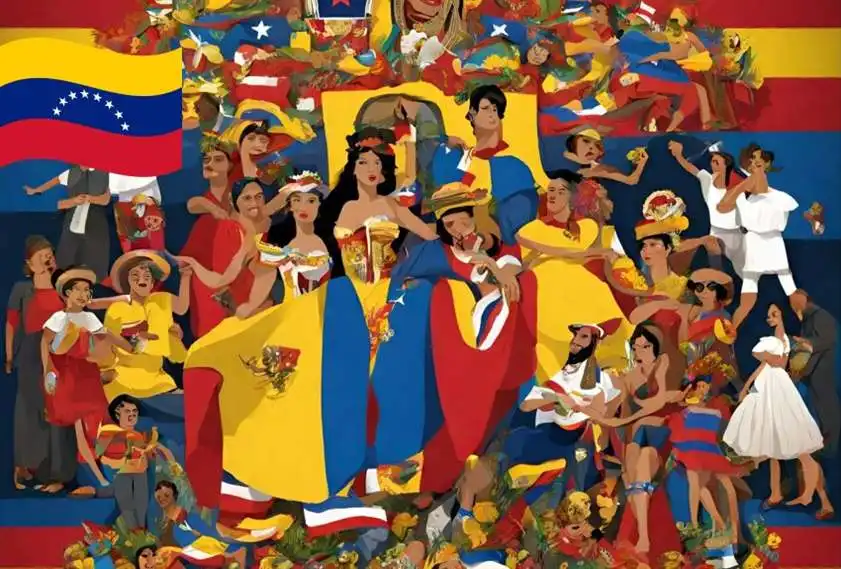
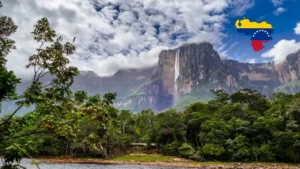
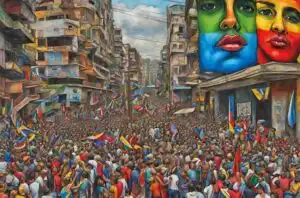
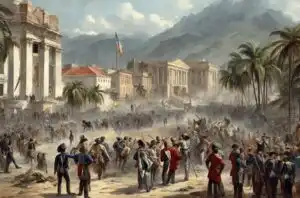
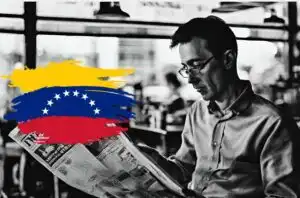

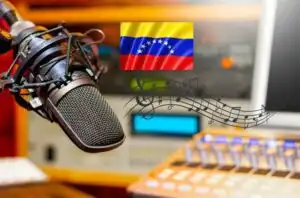
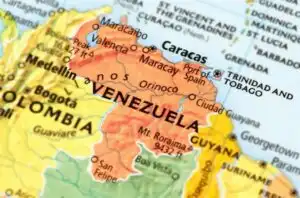
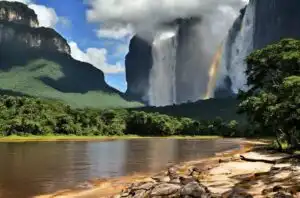
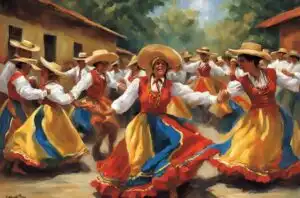

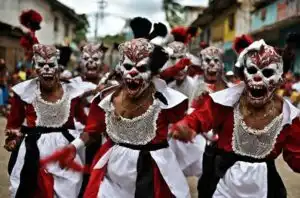
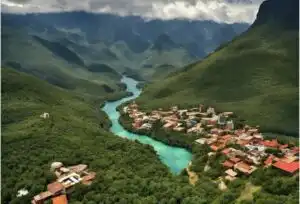
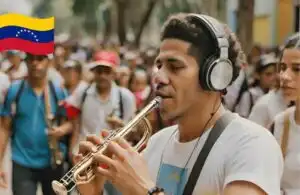
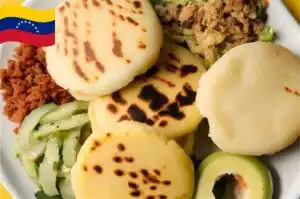
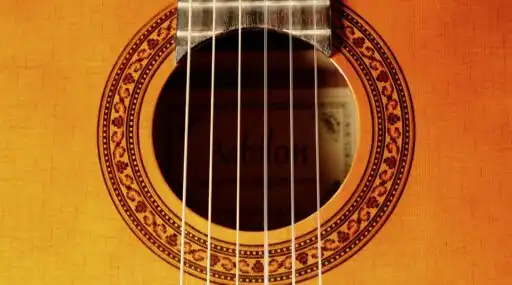
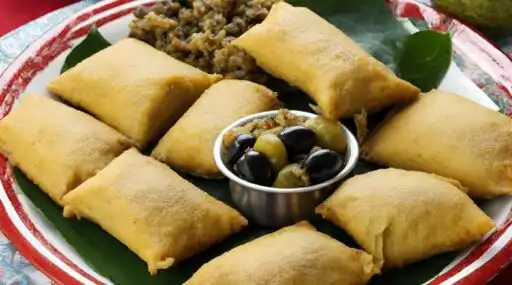
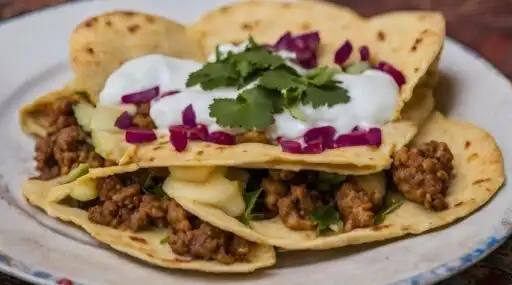
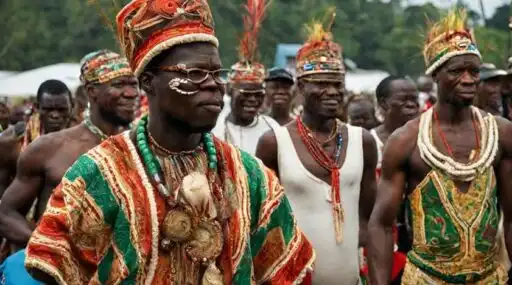

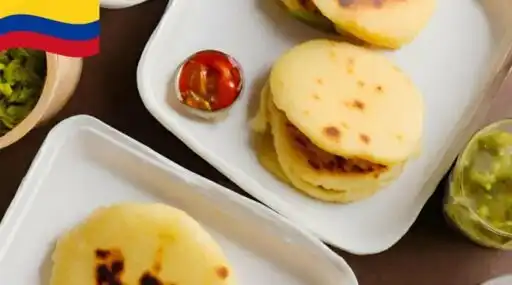
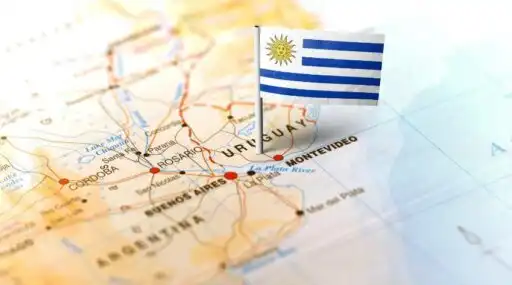
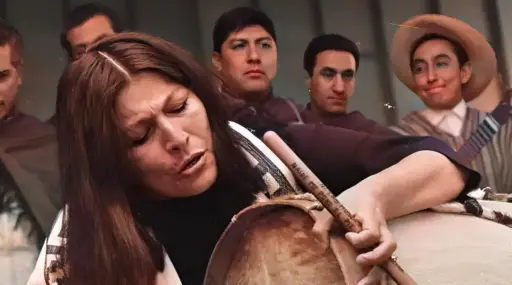

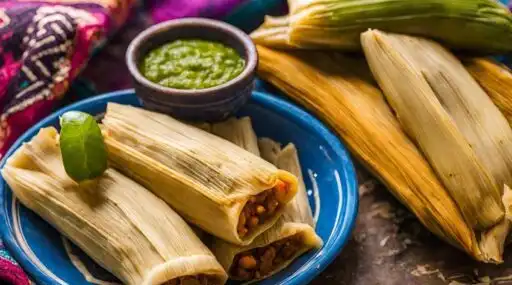
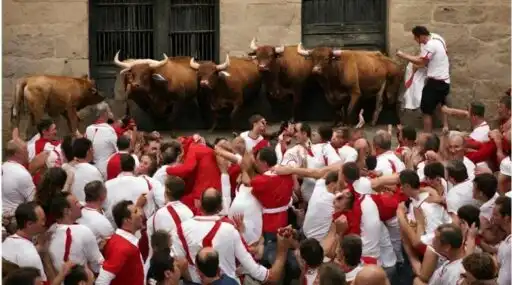
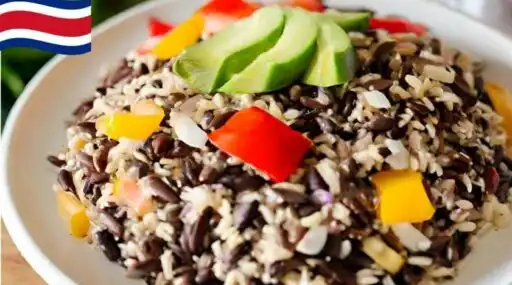



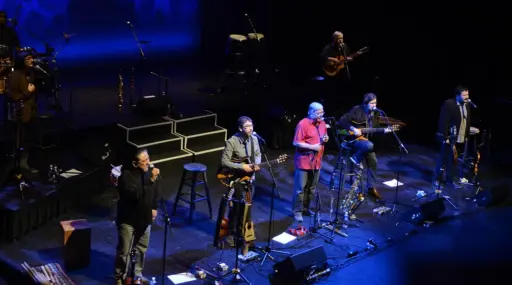
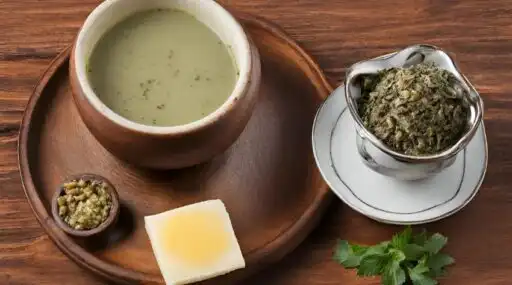
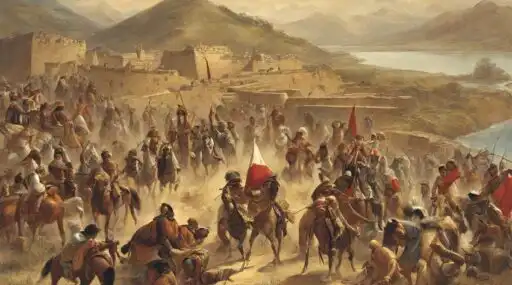
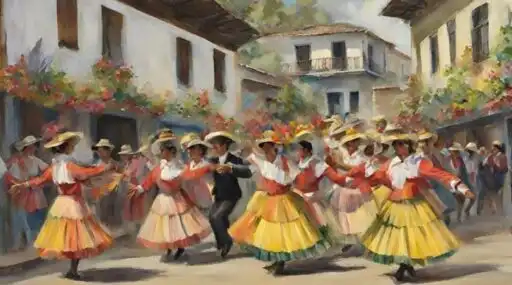
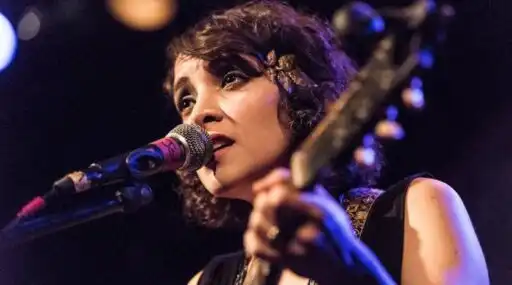
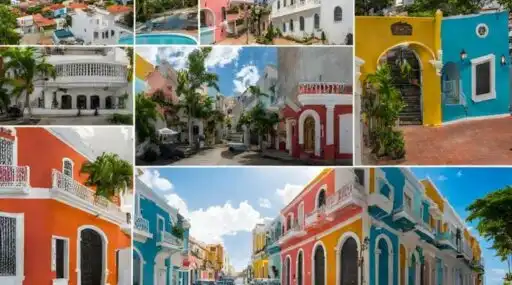
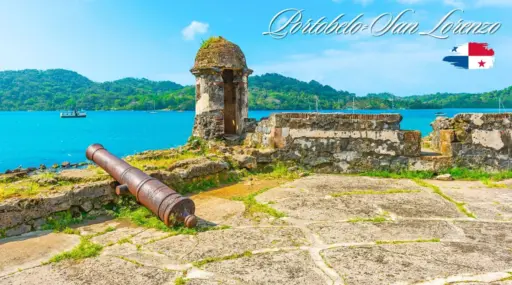
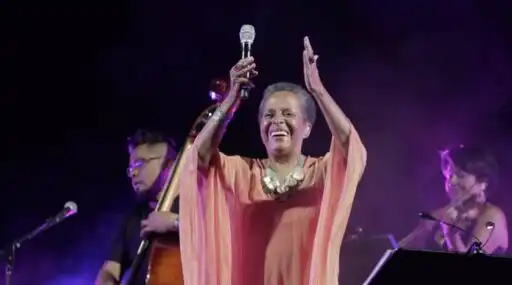

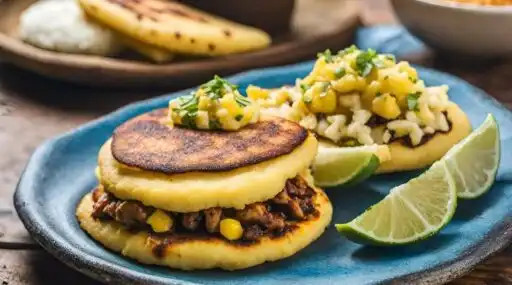
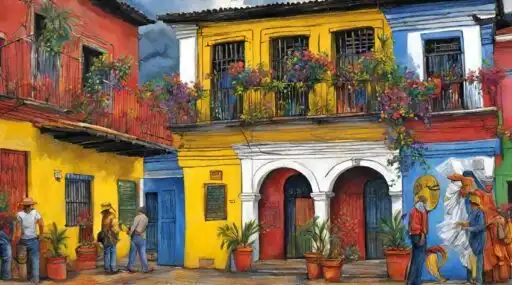
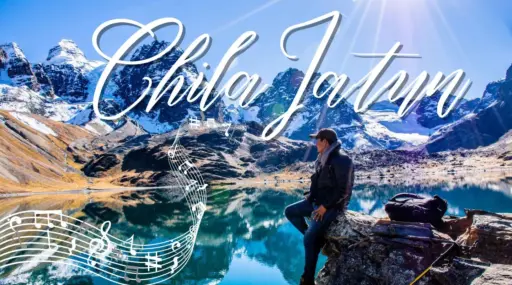
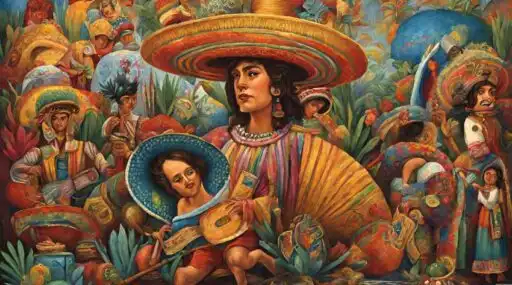
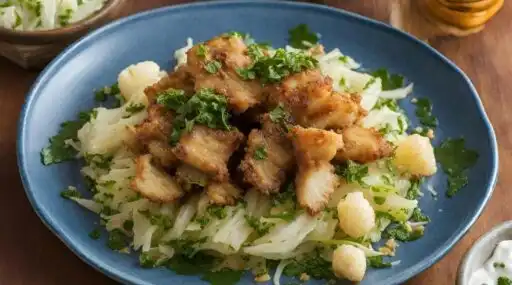
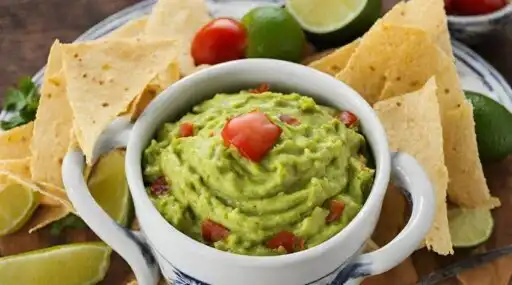
Leave a Reply